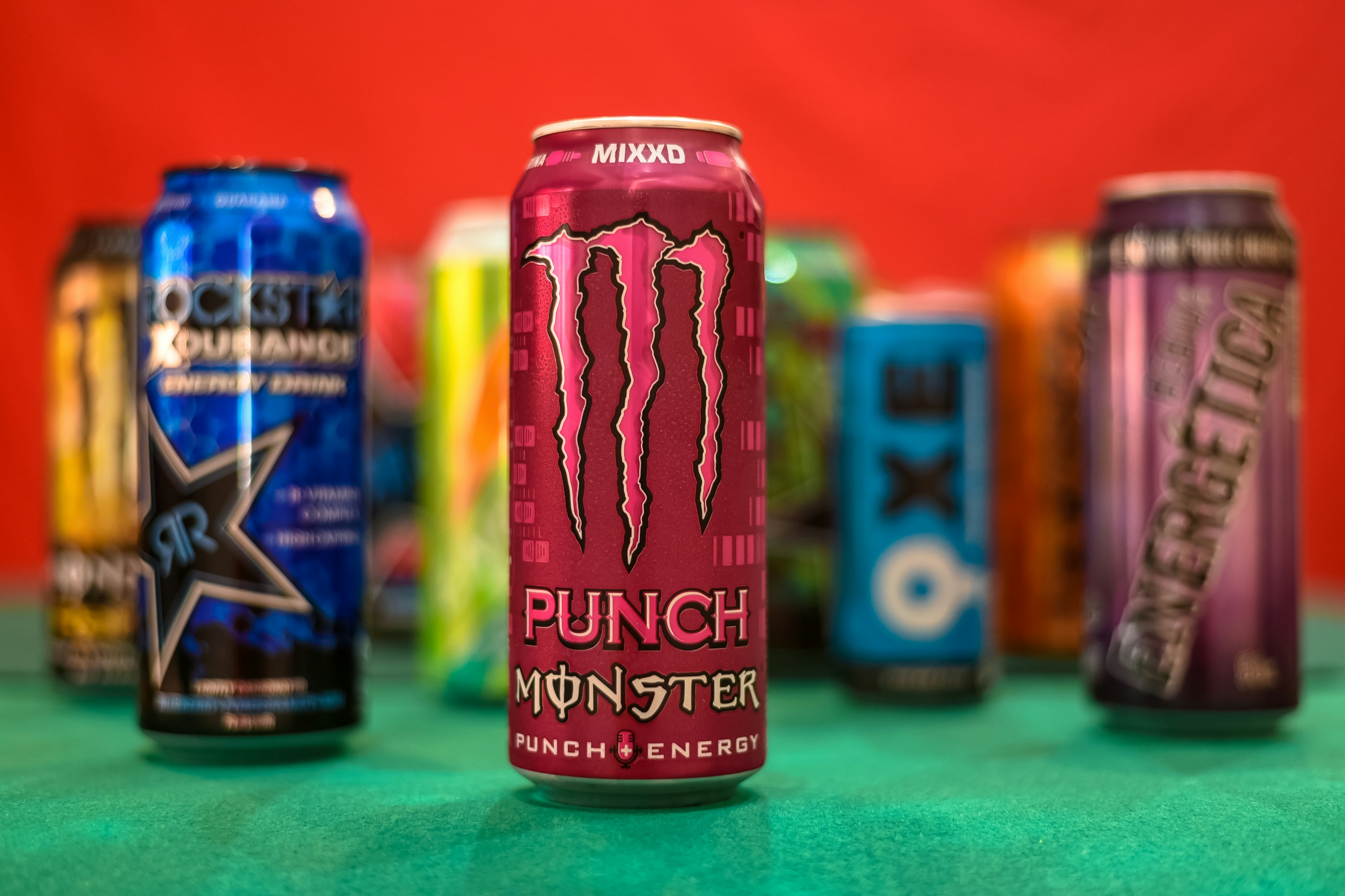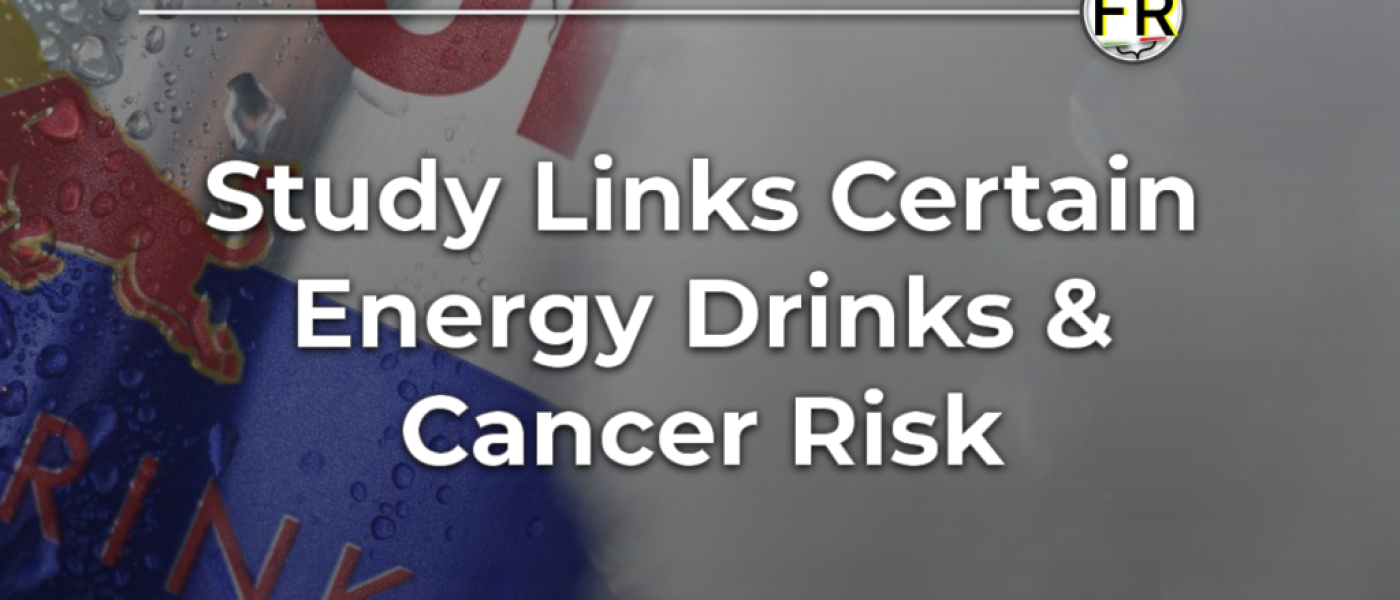A common ingredient in many popular energy drinks, taurine, is under the spotlight following a recent study suggesting a potential link to the progression of blood cancer, specifically leukemia. This development raises questions about the safety of high consumption of these widely available beverages and supplements.
- CANCER LINK EMERGES: A new study in Nature suggests that leukemia cells readily absorb taurine, a common ingredient in energy drinks, potentially fueling their growth and spread.
- PRECLINICAL CONCERNS: Research using mice and human leukemia cells showed that blocking taurine uptake hindered cancer progression and that taurine supplementation worsened outcomes in mouse models.
- QUESTIONS FOR CONSUMERS: The findings raise concerns about high taurine intake from energy drinks and supplements, prompting further investigation into potential risks for human health, especially concerning blood cancers.
How Taurine Might Fuel Leukemia’s Spread

The new research, published in the esteemed journal Nature, indicates that leukemia cells actively absorb taurine from their surrounding environment in the bone marrow. This uptake of taurine appears to fuel a metabolic process known as glycolysis within the cancer cells, essentially providing them with the energy needed for growth and proliferation.
In laboratory experiments involving mice with leukemia and human leukemia cell samples, researchers at the University of Rochester’s Wilmot Cancer Institute found that blocking the transport of taurine into these cancer cells significantly hindered their growth. This suggests that taurine, while naturally occurring in the body and found in some foods, might inadvertently promote the progression of this aggressive blood cancer when present in high concentrations. The study further noted that in mouse models, taurine supplementation was linked to a nearly threefold increase in the likelihood of death.
It’s important to note that previous research has explored potential benefits of taurine, including its antioxidant properties and possible role in mitigating some side effects of chemotherapy. However, this latest study introduces a significant caveat, particularly for individuals with or at risk of developing leukemia. The researchers urge caution regarding high-dose taurine supplementation and suggest that the potential risks and benefits of supplemental taurine in leukemia patients should be carefully considered.
Key Questions and the Path Forward
This emerging research prompts several critical questions:
- Which energy drinks contain the most taurine? Popular energy drinks such as Red Bull and Monster typically contain a significant amount of added taurine, often ranging from 1000 mg to 2000 mg per standard serving (8-16 oz). This is considerably higher than the average daily intake of taurine from a regular diet, which is estimated to be between 40 to 400 mg.
- What is the actual risk for regular energy drink consumers? The study’s findings are preliminary and primarily based on preclinical research using mouse models and cell samples. While the results are concerning, more research is needed to determine the direct risk to humans who regularly consume energy drinks high in taurine. Factors such as dosage, frequency of consumption, and individual health conditions will likely play a role in assessing any potential risk.
- How conclusive is this study? While the study published in Nature is significant and provides a mechanistic link between taurine uptake and leukemia progression in preclinical models, it is not yet conclusive for human populations. Further research, including epidemiological studies in humans, is necessary to confirm these findings and understand the implications for public health.
- Who conducted the study? The research was conducted by a team at the Wilmot Cancer Institute at the University of Rochester in New York, led by Dr. Jeevisha Bajaj.

source: unsplash
The researchers emphasize that their findings highlight a potential metabolic vulnerability in leukemia cells and suggest that targeting taurine uptake could represent a novel therapeutic approach for treating these aggressive diseases. Future studies will focus on investigating taurine levels in leukemia patients and developing strategies to safely block taurine from entering cancer cells.
In the meantime, this study serves as a reminder for consumers to be mindful of their intake of energy drinks and supplements containing high levels of taurine, especially for individuals with blood cancer or those with an elevated risk. As the research evolves, more definitive guidance on the potential risks associated with taurine consumption may emerge.













